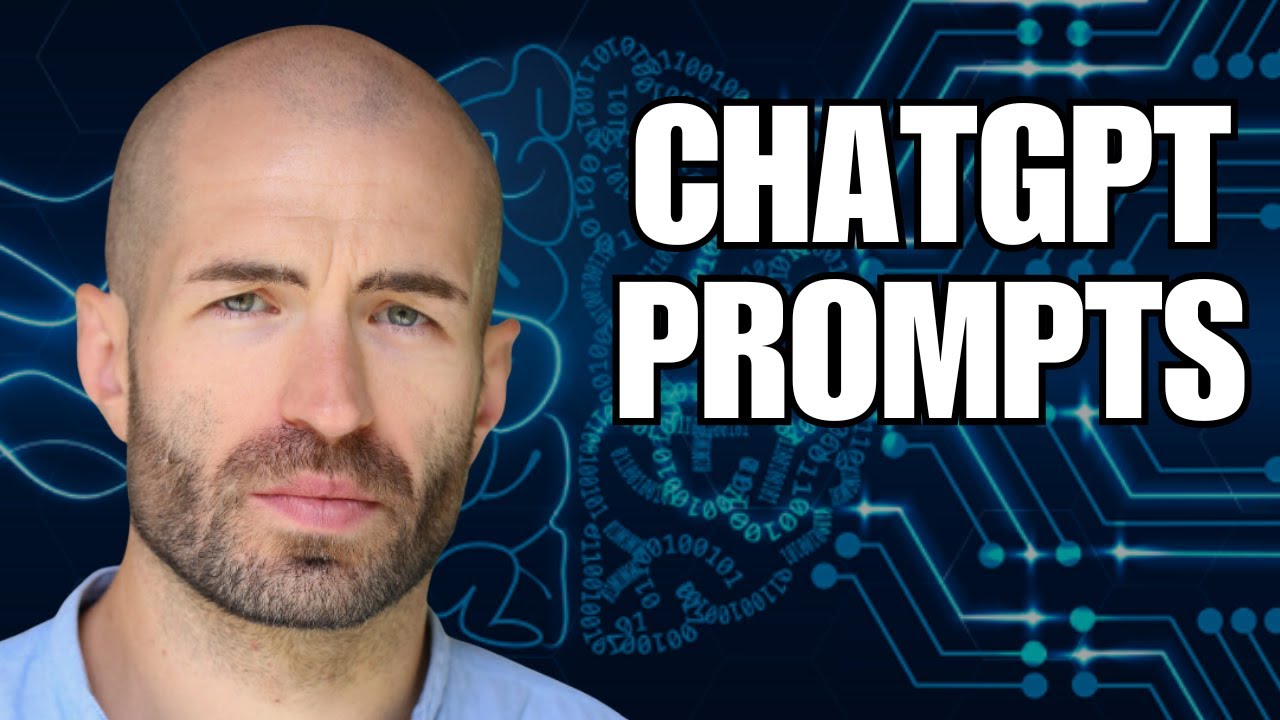Where should I go after the mini stories? I feel like I’m going to need more beginner content before jumping into podcasts and full on books. Anyone have any ideas?
Go on youtube, get the generated text from the videos and study from there. Might be about 95% accurate but it’s better than nothing as it will be eventually be your future plan to do this if you were to go into intermediate/advance stage.
Good luck!
I believe that beginner content is slowing your process down quite a bit. Especially since many of the mini stories aren’t that useful.
The next step mostly depends on your specific goal.
If your goal is to just have fun and being decently quick is not important to you, then you might just search for beginner content in Vietnamese.
If you actually strive for fluency, I would recommend you to begin by generating phrases you want to say and practice saying them out a lot with TTS.
It takes time to prepare and translate the sentences but they will be highly valuable.
And if your goal is to jump into podcasts and books, you definitely should grind vocabulary.
One effective way to approach it is to create a large vocabulary list with example sentences, you can use AI for that, and then use mnemonic assosiations to learn the words quicker.
It isn’t easy but well worth it.
You could try this.
Click “Lessons”, then “View all”.
On the next page, select “Level 1” and sort by “% new words”.
When you open a lesson, click “Lesson info” to see if it’s part of a course. If the lesson is good for your level, the whole course might be worthwhile.
For French, there are courses called “Greetings and Goodbyes”, “Eating Out” and “Who is She”. Those seem good for beginners, and they might be available for Other languages.
The “lingq way”, which since you’ve got this far you probably buy into, is lots of comprehensible input. Assuming you want to continue with that, I’d suggest YA novels in lingq, or comics/graphic novels with occasional dictionary use. Those work well for me in Portuguese.
I found that reading translations of books I had loved, and forgotten a bit, was very possible with the support of LingQ. I actually got so much out of reading them in translation because I read fast in English and skip over a lot of nuance but in translation I can’t do that.
For me, a level of 10% or less of unknown words is comfortable. If you can’t find that in an adult book you could try a translation of a children’s book you once loved.
I should add that I import most of my LingQ reading content myself to give myself nearly unlimited choice.
